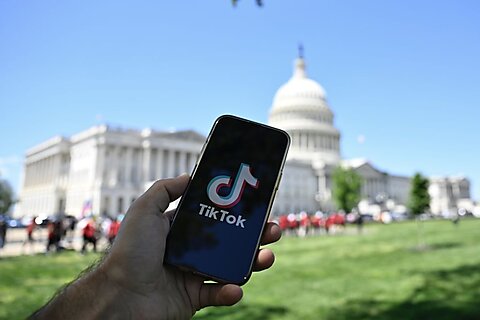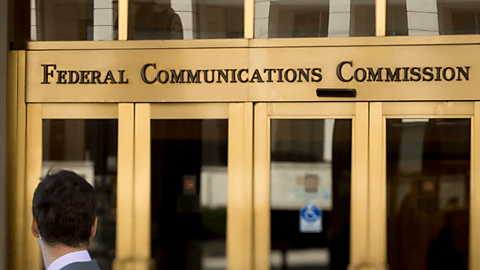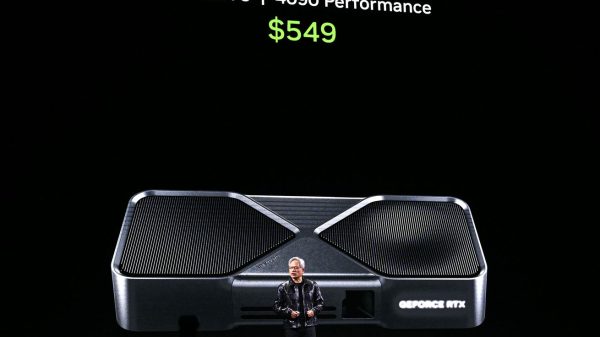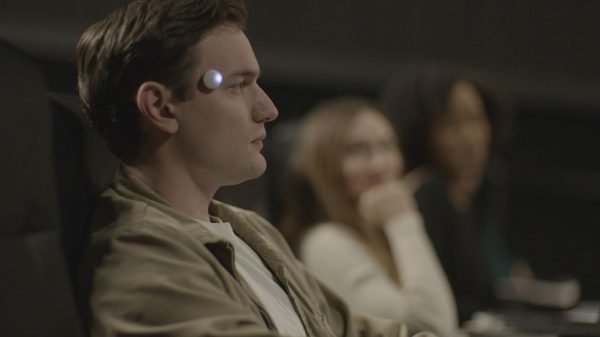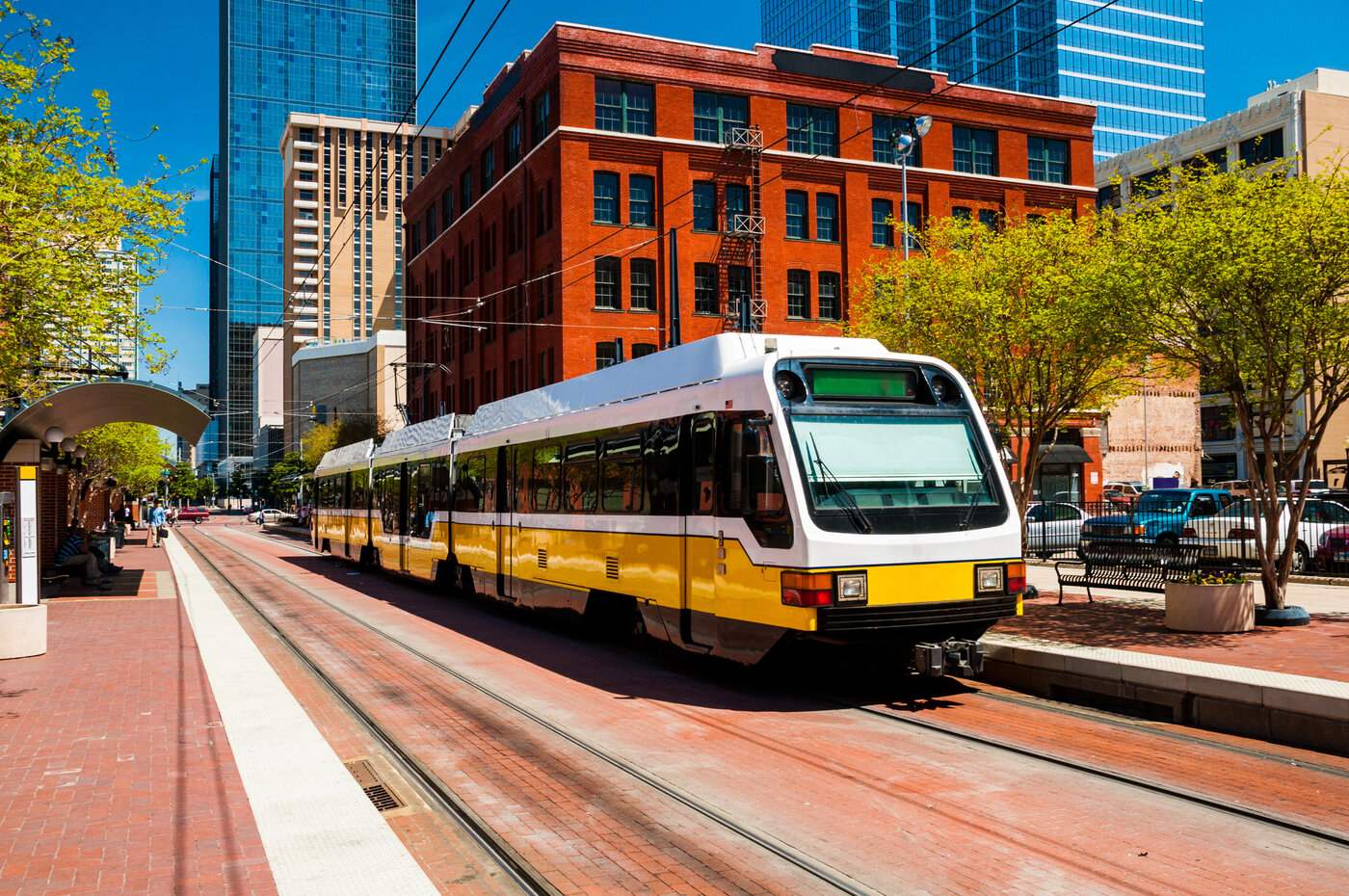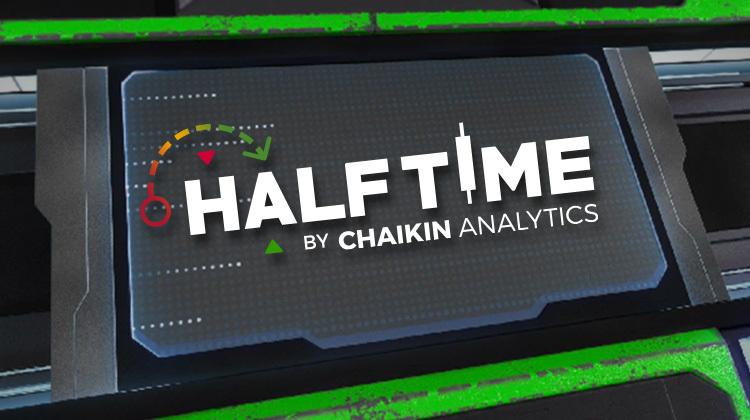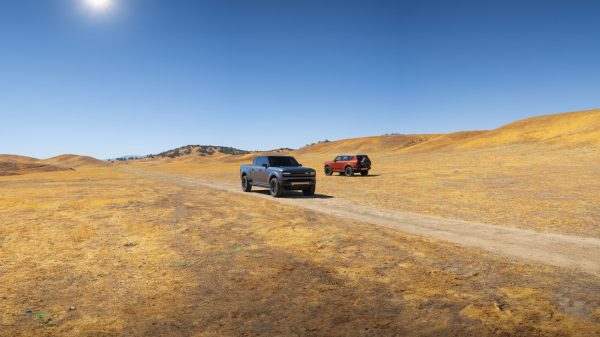Every time I look into a rail project on the Federal Transit Administration’s (FTA’s) Capital Investment Grant (CIG) dashboard, I feel like I am peeling a new and unique onion. Each project seems semi-plausible at first, but once I delve into the details not shown in each project’s FTA profile, it becomes obvious that we’re looking at another boondoggle.
Ideally, the incoming Administration should impound previously appropriated CIG funds. But if it concludes that it lacks impound authority, it should at least take a hard look at each multi-billion LRT project in the pipeline, with an eye to disbursing the funds to less costly bus initiatives. After diving into Austin, Los Angeles, and Minneapolis LRT projects on the FTA dashboard, today I will break down one in Seattle.
The CIG dashboard shows that Sound Transit’s West Seattle Link Extension will cost $3.2 billion, but that number is stale. Sound Transit now estimates that the project will cost between $6.7 and $7.1 billion. The extension consists of four stations and 4.1 miles of new track, so the estimated project cost now works out to well over $1.5 billion per mile.
But for the project to make any sense, a second project, the Ballard Extension, would also have to be funded and built. Once the West Seattle Link is completed, it will be served by a shuttle connecting just the four stations. To reach other stations on Sound Transit’s light rail system, passengers will have to change at SODO station. If the agency can complete the Ballard Extension, passengers would then have a one-seat ride from the northern Seattle suburbs through downtown and to Alaska Junction, where the West Seattle Link will terminate.
Once the two extensions are completed, Sound Transit expects at least 20,000 passengers to use the West Seattle Link Extension on weekdays by 2042. That’s a capital cost to passenger ratio of $350,000. This is high, but not out of line with the costliest projects that FTA has greenlighted. In San Jose, the Valley Transportation Authority has received preliminary approval from FTA to spend $12.75 billion to serve 32,900 daily passengers, yielding a ratio of $388,000.
But if the West Seattle Link is completed on a standalone basis, expected daily ridership is only 5,400, spiking the ratio to an incredible $1.3 million.
It is reasonable to ask whether the West Seattle Link should be evaluated on its standalone ridership or on boardings once it is included in a larger project scope. The answer must be the former. The Ballard Extension is on track to be put through the federal approval process at a later date, so it is possible that West Seattle will be approved, and Ballard will not be. The latest cost estimate for the Ballard Extension is $11.2 billion, and that is an older figure that will inevitably be significantly increased.
By the time Ballard reaches the FTA approval process, supplemental CIG appropriations provided by the Infrastructure Investment and Jobs Act will have been exhausted. Without a new special appropriation (unlikely with the incoming Administration and Congress), FTA simply will not have the money to fund a third or more of the cost of this megaproject.
Now would be a good time for Sound Transit to put a hold on its light rail expansion program. If not, the incoming administration should send a clear message that the cupboard is bare.



